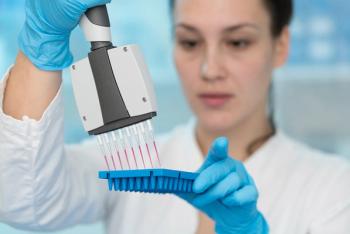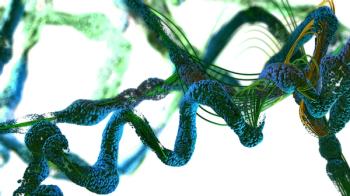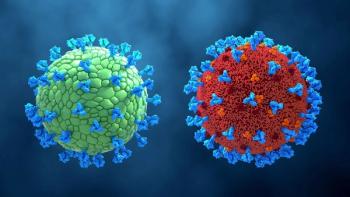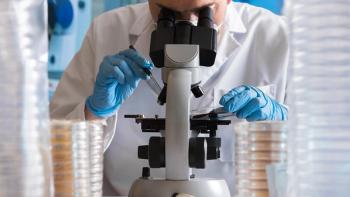
After a hectic 2020, biopharma looks to deliver on COVID-19 vaccines and move other promising therapies forward.

After a hectic 2020, biopharma looks to deliver on COVID-19 vaccines and move other promising therapies forward.

Essential bio/pharma employees show hard work and dedication can pay off, for patients.

Advances in development, data management, and automation, and closer collaboration with contract development and manufacturing partners, are pushing more therapies closer to commercialization.

Cell-culture optimization may see benefits from a synthetic biology-based approach that improves product titer, quality, and time.

Creativity and collaboration are required to overcome complex method development challenges.

A newly developed polymer, DynaShield, may have the capability to ensure global access for COVID-19 treatment and prevention.

The companies are entering into a license and collaboration agreement for the development and commercialization of Relay’s investigational cancer treatment, RLY-1971, a potent inhibitor of SHP2, a molecule that plays a role in cancer cell survival.

Evonik offers lipid nanoparticles for gene-based drug development and manufacturing.

With the acquisition, Evonik will expand its life science division and its portfolio of functional excipients and biomaterials.

Janssen announces rolling submissions for its COVID-19 vaccine with Health Canada and EMA.

Under the terms of the partnership, Colorcon will work to accelerate i2O’s research and development efforts.

The investment will expand and upgrade manufacturing capacity and technology for pre-fillable syringes and will also includes a new manufacturing facility in Europe.

Analytical and functional characterization of virus-like particles enables process reproducibility and product consistency.

Scaling needs for potential COVID-19 vaccines depend not only on capacity, but also on supply chain challenges and technological hurdles.

After a difficult year, biopharma science delivers promising results.

The expansion will include new suites for the development and clinical manufacturing of drug product intermediates and drug products and cGMP suites for early-phase cGMP manufacture.

The companies have entered into a global collaboration and license agreement to develop zuranolone (SAGE-217) for major depressive disorder, postpartum depression (PPD), and SAGE-324 for essential tremor and other neurological disorders.

Wacker will support production of CureVac’s COVID-19 mRNA-based vaccine candidate at its biotech site in Amsterdam, with production scheduled to start in the first half of 2021.

Researchers concluded that the nasal spray should catch and coat the virus inside the nose, preventing it from spreading throughout the body, and it is then removed by nose-blowing or swallowing.

At the 2020 Bio/Pharma Virtual Congress, experts discuss the importance of characterizing excipients to ensure quality, safety, and effective performance.

The agreement will provide capacity for the manufacturing of AZD7442, currently being developed for the potential prevention and treatment of COVID-19, at Lonza's Portsmouth, NH site.

FDA published guidance for submitting standardized study data in electronic format.

Samsung Biologics has adopted Solentim’s cell seeding and cell metric platforms at its new R&D center in San Francisco, CA.

Orgenesis has completed its previously announced acquisition of Koligo Therapeutics with the additional acquisition of Tissue Genesis’ cell isolation technology, Icellator.

Bio/Pharma companies are galvanized to develop COVID-19 therapies under FDA’s acceleration program.